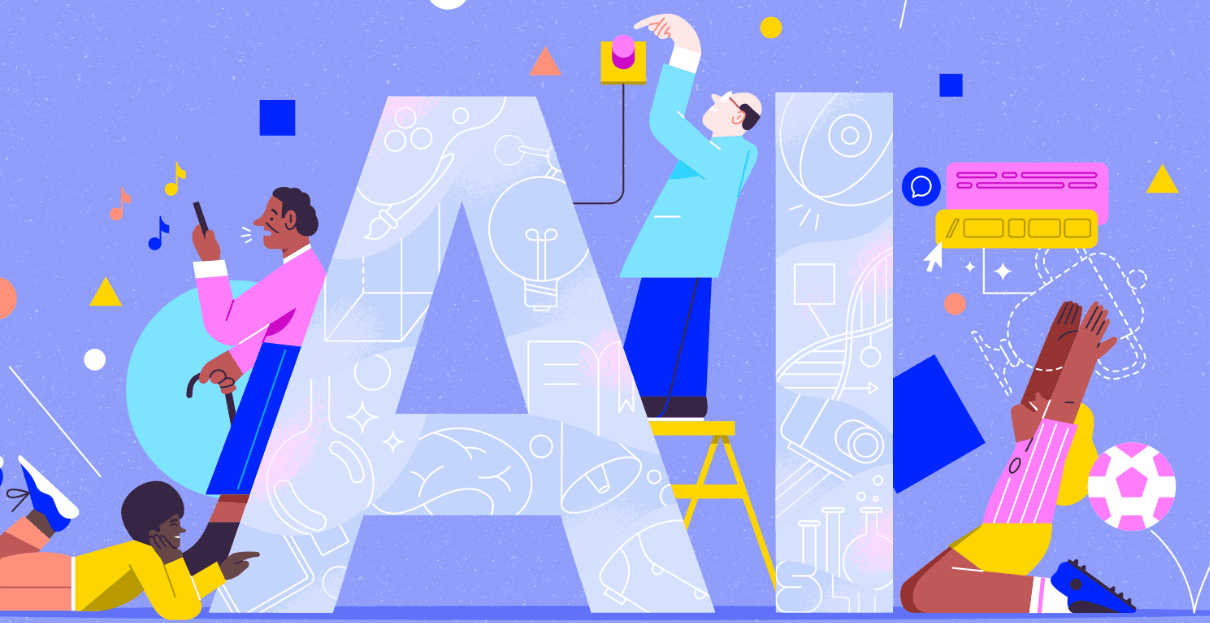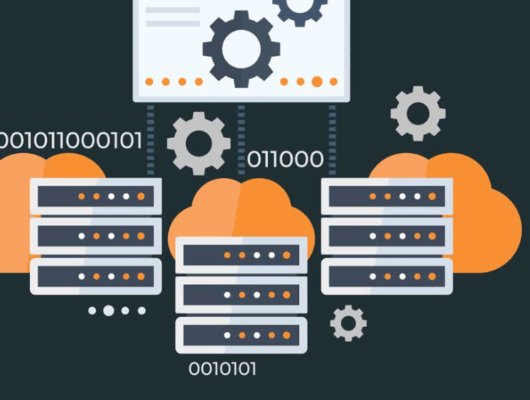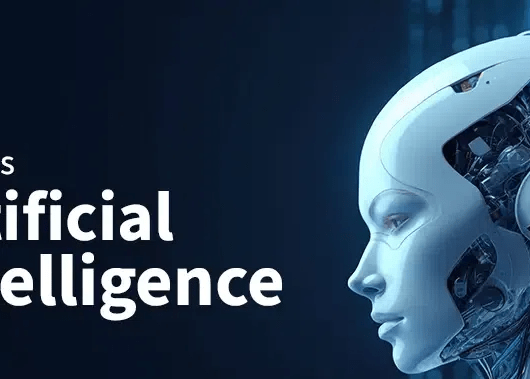Artificial intelligence has transformed our lives with its innovative technologies, impacting every industry and society. The term “Artificial Intelligence” was first introduced in 1956 at a conference, sparking interdisciplinary discussions and advancements. With the advent of the internet, technology progressed rapidly. Initially, AI was a stand-alone technology, but now its applications are widespread in all aspects of life. AI, often abbreviated as AL, recreates human intelligence in machines.
According to a Gartner report, AI adoption increased from 4% to 15% between 2018 and 2019. Many new and emerging technologies are embedded in AI, with organizations of all sizes racing to implement it for operational excellence and data mining. Here are the ten latest AI technologies:
- Natural Language Generation Machines process and communicate differently than humans. Natural language generation converts structured data into human language, helping content developers automate content delivery in the desired format. This reduces human intervention and allows data to be visualized as charts, graphs, etc.
- Speech Recognition This technology converts human speech into a format understandable by computers, acting as a bridge between human and computer interactions. It recognizes and converts speech in several languages, with Siri of iPhone being a prime example.
- Virtual Agents Virtual agents, like chatbots, interact with humans, answering queries and assisting with tasks. Google Assistant and Amazon’s Alexa are examples, helping with organizing meetings and shopping. Virtual agents also act as language assistants, picking up on user preferences.
- Decision Management Modern organizations use decision management systems to convert data into predictive models, aiding in business data analysis and decision-making. This technology helps in quick decision-making, risk avoidance, and process automation, widely used in finance, healthcare, trading, insurance, and e-commerce.
- Biometrics Biometrics uses AI to identify and verify individuals based on physical characteristics. It has applications in security, health monitoring, and more.
- Machine Learning Machine learning allows machines to learn from data sets without explicit programming. It helps businesses make informed decisions through data analytics. Healthcare, banking, and retail sectors heavily invest in machine learning for predictive analysis, fraud prevention, and customer behavior prediction.
- Robotic Process Automation This AI application configures software robots to perform repetitive and rule-based tasks, automating manual operations.
- Peer-to-Peer Networks These networks connect systems for data sharing without a central server, solving complex problems cost-effectively. They are used in cryptocurrencies.
- Deep Learning Platforms Deep learning, based on artificial neural networks, teaches machines to learn by example. It is effective on large data sets and has applications in aerospace, military, healthcare, and more.
- AI-Optimized Hardware As AI software demand increases, specialized hardware is being developed to support it. AI chips from companies like Nvidia and Qualcomm are designed for neural networks, deep learning, and computer vision, benefiting industries like healthcare and automotive.
Conclusion
In conclusion, Artificial Intelligence encompasses computational models of intelligence that can be programmed for problem-solving, language processing, and more. Many sectors are already benefiting from AI, but organizations must conduct pre-release trials to eliminate biases and errors. Continuous monitoring and maintaining standards are crucial. The future goal of AI is to automate complex human activities and eliminate errors and biases.





